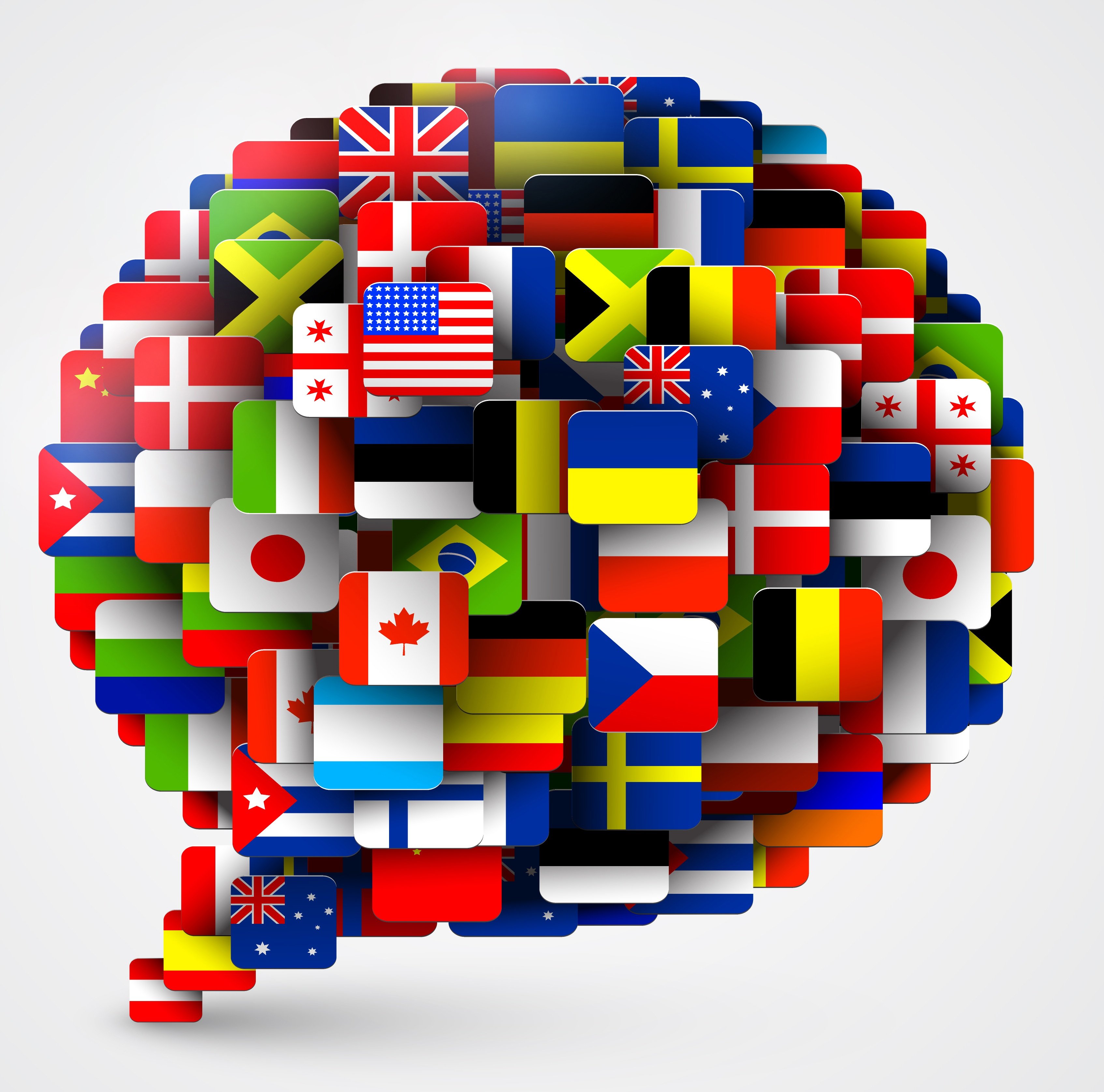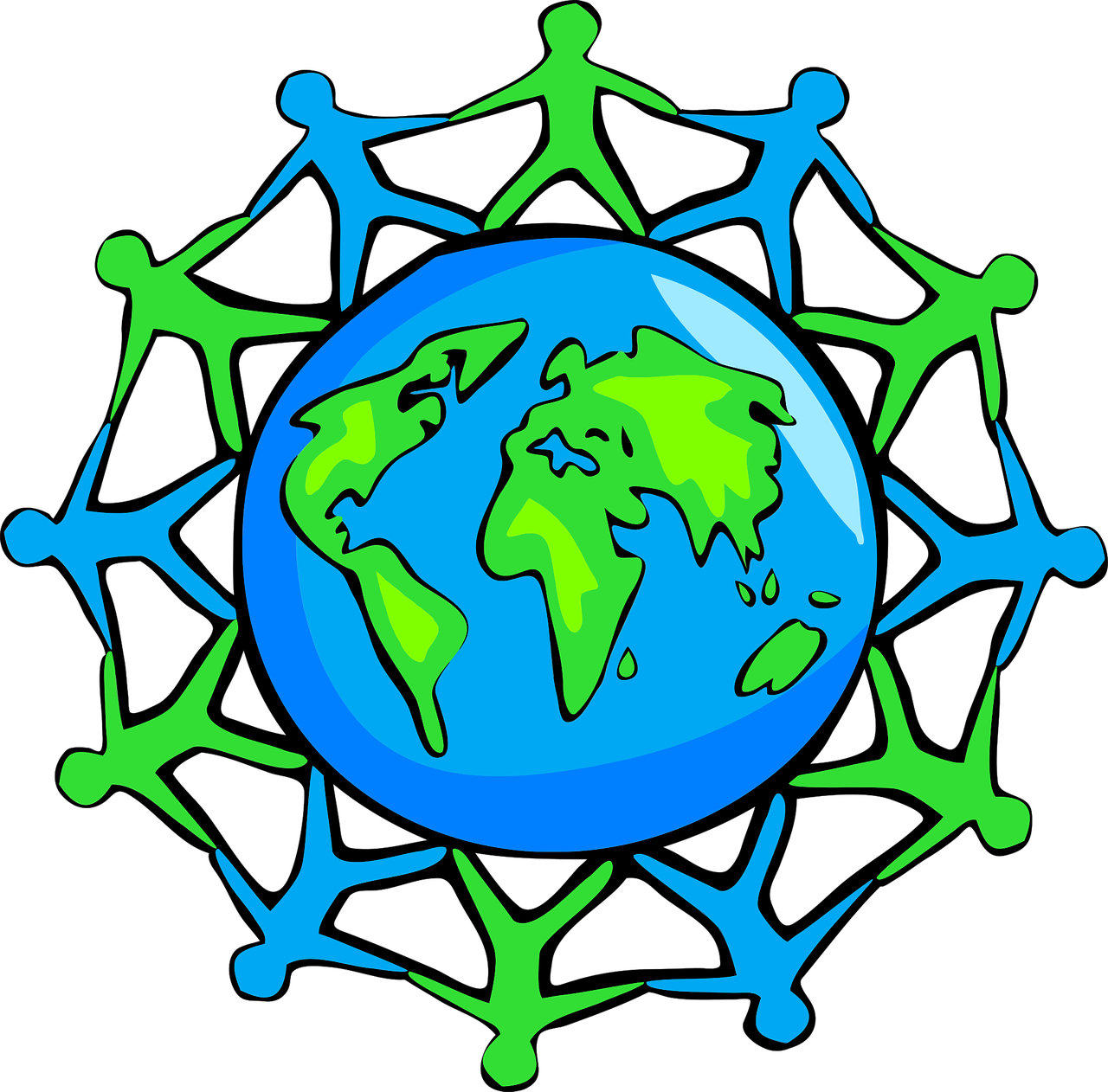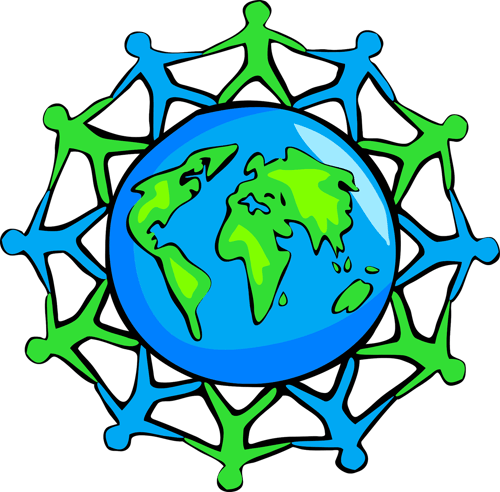Listen to Audio Version:
We’ve all heard that a smile will open doors. Smiling puts people at ease, makes them more open to conversation, willing to trust, share ideas and get to know one another. Nowhere is this more true than in the world of international business. Yet to be successful, it is also critical to understand typical norms of the environment around you. Sometimes it is necessary to tone down a big smile to avoid appearing too forward. In Japanese culture, for instance, women who laugh with an open mouth may seem garish and rude. Localized behaviors also show us that connecting people to one another matters more than we realize. In today’s global marketplace, learning how to connect people to each other, rather than merely to products, has become an integral focus of international marketing.
Connecting People to People
Nike is an example of a leading global organization currently producing some of the best international marketing approaches in the world. Rather than trying to reach every consumer worldwide, Nike determined that they could target just twelve international markets with certain themes or sports. Those markets, in turn, would influence other smaller markets. Moreover, by emphasizing how and who use their products, rather than the products themselves, they have honed a highly successful strategy: focus on why people use their products, how they feel about them, and ways in which they connect in order to do so.
Babs Ryan, an international marketing expert and a board director for Worker’s Credit Union, explains on The Global Marketing Show podcast episode #46, “The best international marketing is about people and connecting them. Nike is brilliant at it. The original idea behind Nike plus, for example, was to create a shoe monitor to record your steps. They found that people would run more if they ran with others and would then buy more running-related products. So, they developed an app to connect people so they could find ways to run together based on location and running level. They were connecting human beings. That’s what it’s all about: selling people to people and figuring out how to connect people to one another.”
The Power of Experiences: Experiential Sales
Other companies such as REI and Orvis quickly followed suit, offering travel experiences where customers could use their products, and in turn expanding their businesses into the travel industry. Airbnb International was also a natural candidate to add experiential offerings to their portfolio. They now offer advice and links to help connect travelers to nearby communities once they have booked a stay. As such, they are now promoting expanded travel experiences based on human connection, not just places to stay. “Experiential selling is what matters now, not the product,” explains Ryan. “If you think about it, all customer experiences are experiential. How does wearing that shoe or riding that motorcycle make you feel?”
Experiential selling has become a key tool to allow people from various communities feel connected to each other, and a critical component of international marketing. Airbnb and MeetUp, an online community offering ways to meet people abroad through affinity groups and local networks, are both trying to connect people with local communities in various ways. “This is what matters most right now - connecting people to one another, especially in international marketing,” notes Ryan. By encouraging people to connect to each other through shared interests and affinity groups, companies no longer need to focus strictly on the products, they will sell themselves.
Tips for Going Global
It’s not just the words
So, what should an organization do when considering going global? First, hire an expert to help. And remember, when creating marketing plans and tools, communicating in the local language is important but it’s not just about the words – it’s about how words make you feel. Don’t rely on Google Translate: that will not give you a sense of the cultural norms of a specific place or the behaviors and habits of a particular country or population. How do you convey the feel of a certain product like a shoe or a jacket? The trick, says Ryan, is to know the culture and the ‘why’ behind what people (your consumers) do: “Go to people that know the why. Get experts from those (sources).”
For example, if you sell jewelry, it’s important to realize that different countries have different customs for how they treat engagement rings. In the United States, we tend to wear them all the time. Yet in China, women do not wear an engagement ring everyday, reserving them for special occasions. And in France, many prefer colored stones. Understanding local customs and behavioral norms and using the right words and messaging becomes critical when deciding how to market your goods or services.
Diversity of Thought and Behavior
What are some good ways to learn about cultural norms and preferences? Travel and experience other cultures firsthand. In her podcast episode “88 Countries & Counting” Ryan describes a humorous experience she had in Iran while waiting in a bakery line for bread: “There I was, wearing a burka with sneakers on…and a man motioned for me to go ahead. And I motioned ‘no, no it’s ok’, and then more and more men began doing the same thing. When a woman walked right past me to the head of the line, I couldn’t figure out what was going on. Turns out, I was in the men’s line! There was a separate line for women and men. But I never would have known (about a particular custom like that)!” Having a local expert who can coach you on various norms and practices can help you avoid errors like that.
Additionally, so much about how people comprehend different behaviors and norms relates to the diversity of thought within their community. As Ryan notes, “In the UK, for example, the level of innovation and love of change (at least within the advertising industry where I had been working) far exceeds that in the US. The diversity of thought is so prevalent there.” In 2010, for instance, some countries including Kenya were already beginning to use an early form of mobile money transfer, long before the rest of the world caught on. “They were basically texting money, without extra apps – just using the phone itself as an application. It all goes back to looking at behavior and different ways of doing things. We need to be open to the notion that there may be better, easier ways to do things than the ways we are accustomed to.”
Think globally from the start
Particularly in product development, think with a global mindset from the beginning. Rather than focusing solely on the technology, think about what the product does, how it helps consumers, and its end goal. By doing so you will be able to consider broader applications for a product and create ways to connect it to your end users – people. It’s all about the people and coming up with ways to connect various groups to one another.
Rapport International specializes in multilingual communications, providing language translation and interpretation services that are accurate and culturally appropriate. We use the right voice, correct terminology to avoid liability, customize services to your needs, and deliver on time and within your budget. And with our 100% satisfaction guarantee, you can trust that it’s done right. Contact us today if you would like more information or to get a free quote.
About the Author - Hannah Pentz
Hannah Feldman Pentz is an experienced marketer and content communicator, especially for professional services, B2B, and inbound marketing. She has extensive experience working with management consulting firms, helping them to create and implement marketing plans geared toward Fortune 500 global companies, as well as smaller non-profits. A graduate of Vassar College, (BA English) Hannah and her family live in the Boston area.
Rapport International specializes in multilingual communications, providing language translation and interpretation services that are accurate and culturally appropriate. We use the right voice and the correct terminology to avoid liability, customize services to your needs, and deliver on time and within your budget. With our 100% satisfaction guarantee, you can trust that it’s done right. Contact us today if you would like more information or to get a free quote.
Popular Posts
Popular industry news, interviews, technologies, and resources.




















